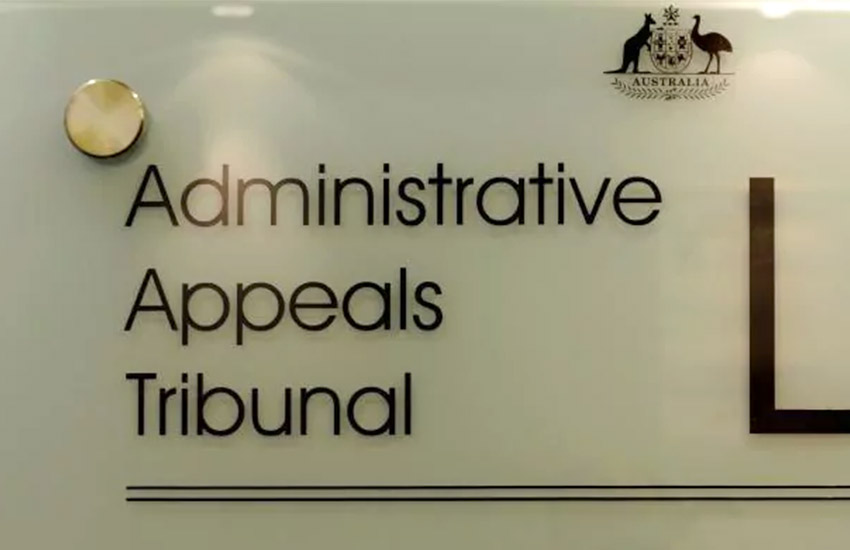The Administrative Appeals Tribunal has affirmed the ATO’s decision to deny a taxpayer the government’s cash flow boost payments because of a restrictive integrity rule, which requires entities to have notified the ATO of taxable supplies made in a tax period that ended before 12 March 2020.
The taxpayer, Jack Slatter, had operated a business in the construction industry as a sole trader since 2018, before incorporating a company — Slatter Building Group Pty Ltd — on 17 January 2020 to take over the operation of his business.
You’re out of free articles for this month
While Slatter Building Group made taxable supplies between 17 January 2020 and 12 March 2020, the company reported GST on a quarterly basis, leaving it unable to meet the 12 March 2020 notice requirement because its tax period ended on 31 March 2020.
The taxpayer argued that the measure was introduced to provide emergency financial support and that the 12 March 2020 rule was “discriminatory and counterintuitive”, noting that businesses in similar circumstances as Slatter Building Group but had accounted for GST on a monthly basis would have been eligible.
AAT deputy president Bernard McCabe and senior member Robert Olding accepted that while the policy intent of the measure was to provide emergency funds to businesses, it did not supersede the legislation.
“No amount of appeal to perceived policy objectives can make it permissible to give provisions a construction that is not reasonably open on the text chosen by Parliament when considered in its context,” said Mr McCabe and Mr Olding in their decision.
“Any view that [Slatter Building Group] or entities in analogous circumstances should qualify for cash flow boosts is a matter for the Parliament.”
Only a legislative fix can deliver equity
The Tax Institute’s senior advocate, Robyn Jacobson, said the decision reflected the way the law had been drafted and that neither the ATO nor the AAT had the discretion to deviate from the restrictive tax notice requirement.
She pointed to how the top professional accounting bodies had raised the issue with the Treasury last year, but it failed to be considered by the department.
“It is not enough to demonstrate business activity before 12 March,” Ms Jacobson told Accountants Daily. “The way the legislation has been drafted is that the tax period itself must end before 12 March 2020.
“If you’re a quarterly reporter, it doesn’t matter if you made a supply on 5 March 2020, for example; the tax period itself still ended after 12 March 2020 and that’s the technical point that a lot of people are missing.
“The commissioner has discretion for more time for the notification of the supply to be made, but the commissioner does not have the discretion to change the tax period in which the supply was made.
“It has been described as discriminatory on the part of the ATO, but it’s more about the law design itself which discriminates against quarterly lodgers but favours monthly lodgers.”
Jotham Lian
AUTHOR
Jotham Lian is the editor of Accountants Daily, the leading source of breaking news, analysis and insight for Australian accounting professionals.
Before joining the team in 2017, Jotham wrote for a range of national mastheads including the Sydney Morning Herald, and Channel NewsAsia.
You can email Jotham at: This email address is being protected from spambots. You need JavaScript enabled to view it.

 Login
Login







